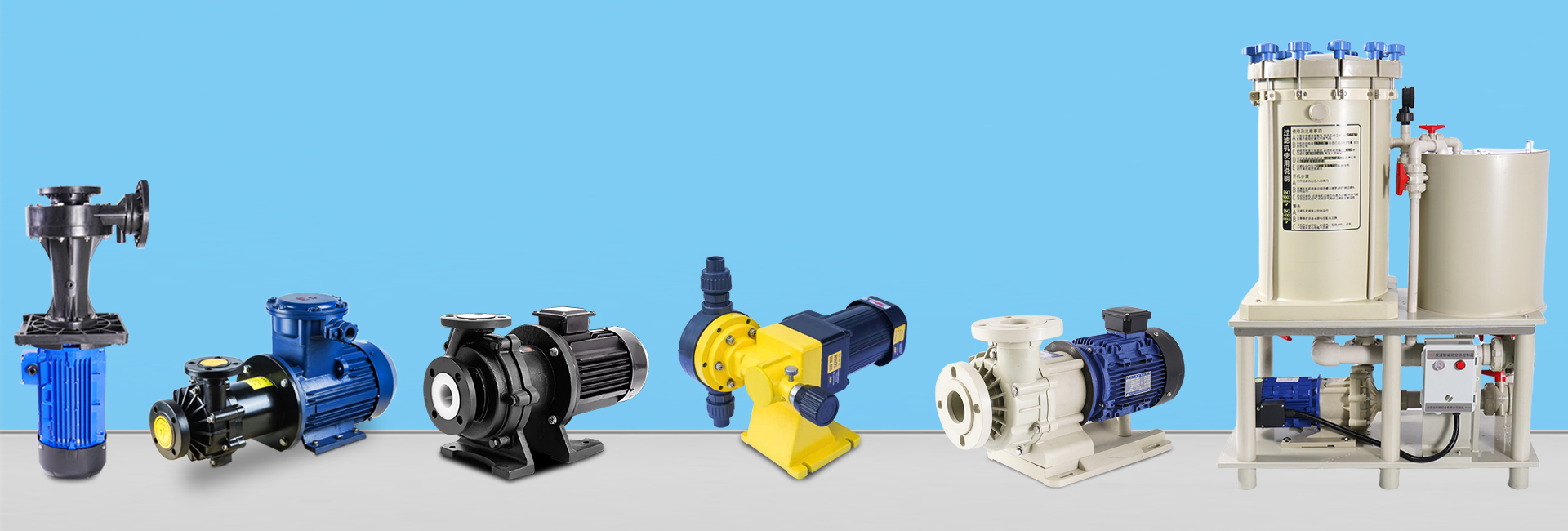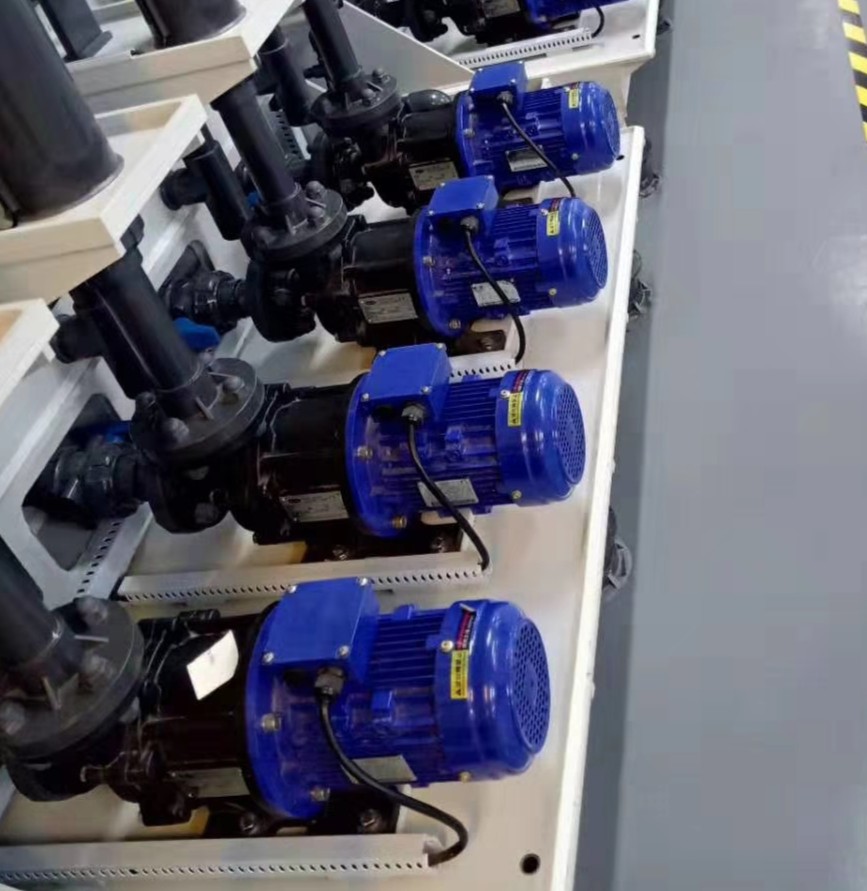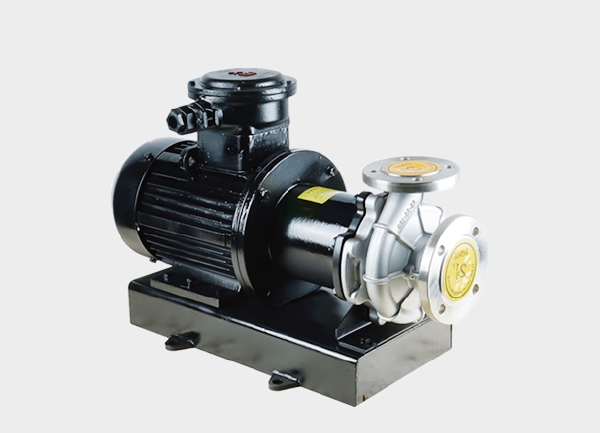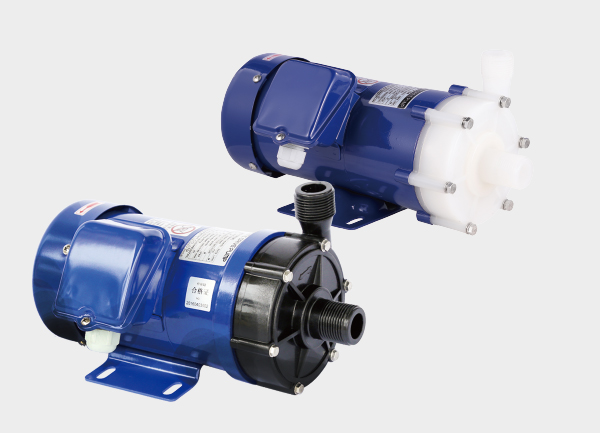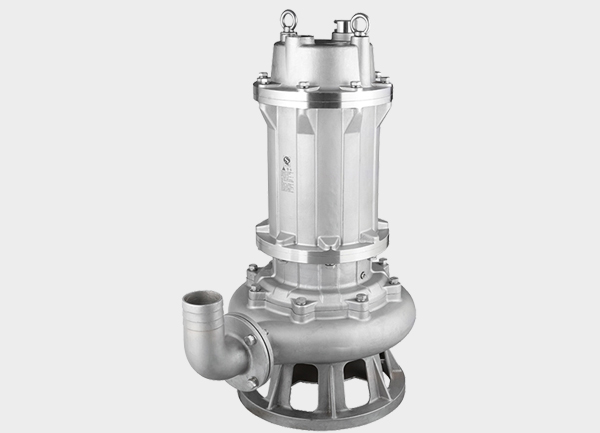Selecting a stainless steel magnetic drive pump is ideal when the medium is not highly corrosive, the system requires higher temperature or pressure resistance, or when long-term cost efficiency is a priority. The decision can be made by evaluating three key factors:
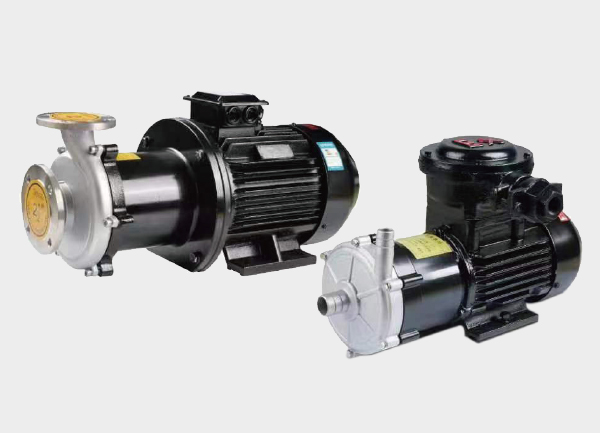
1. Fluid Characteristics: Neutral or Mildly Corrosive Liquids
When the liquid being handled is non-corrosive or only slightly corrosive, a stainless steel magnetic pump is often the most practical and economical choice. Typical applications include:
Neutral liquids: Tap water, cooling water, purified water, lubricating oil, hydraulic oil, and diesel.
Mildly corrosive liquids: Diluted acids such as ≤10% sulfuric acid or hydrochloric acid, or weak acid/alkaline solutions with a pH range of 4–10 (e.g., general industrial wastewater).
Food and pharmaceutical-grade fluids: Stainless steel (especially 316L) meets sanitary requirements for beverages, dairy, and non-corrosive pharmaceutical liquids, preventing contamination.
2. Operating Conditions: High Temperature or Pressure Environments
Compared to fluoroplastic pumps, stainless steel magnetic drive pumps offer significantly better resistance to both temperature and pressure, making them suitable for demanding industrial processes.
High-temperature media: When liquid temperatures exceed 80°C (the general upper limit for fluoroplastics) and reach 100°C–200°C, such as with hot process water or heat transfer oils, stainless steel maintains structural integrity without deformation or aging.
High-pressure systems: For operating pressures ≥1.0 MPa (as seen in high-pressure cleaning systems or pressurized water circulation), the superior mechanical strength of stainless steel prevents pump housing failure or rupture.
3. Cost and Maintenance: Long-Term Economic Efficiency
From both procurement and maintenance perspectives, stainless steel magnetic pumps provide a balanced and durable solution for standard industrial use.
For stable, non-corrosive media: Stainless steel costs less than fluoroplastic materials and offers high mechanical strength and impact resistance, minimizing wear, repair frequency, and replacement costs.
For general industrial applications: Suitable for sectors such as general chemical processing (non-corrosive sections), power generation (cooling water systems), and metallurgy (hydraulic oil transfer), where expensive fluoroplastic pumps are unnecessary.
Conclusion: Quick Selection Logic
Choose a stainless steel magnetic drive pump when the following conditions apply:
The liquid is non-corrosive or mildly corrosive, and
The working temperature exceeds 80°C, or pressure ≥1.0 MPa, or
You aim for long-term cost-effectiveness and durability.

